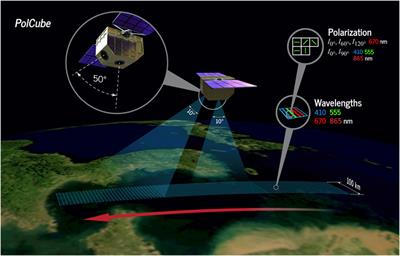ORIGINAL RESEARCH
Published on 25 Jul 2022
Contribution of Submicron Particles to the Unpolarized and Linearly Polarized Angular Scattering
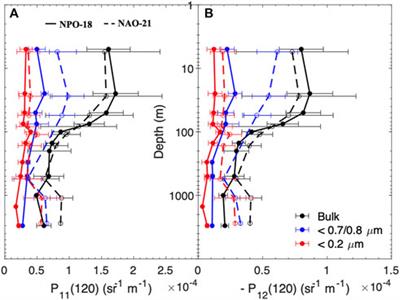
doi 10.3389/frsen.2022.925654
- 793 views
- 2 citations
3,814
Total downloads
20k
Total views and downloads
Select the journal/section where you want your idea to be submitted:
ORIGINAL RESEARCH
Published on 25 Jul 2022

ORIGINAL RESEARCH
Published on 06 Jun 2022
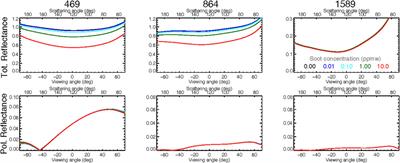
ORIGINAL RESEARCH
Published on 08 Mar 2022
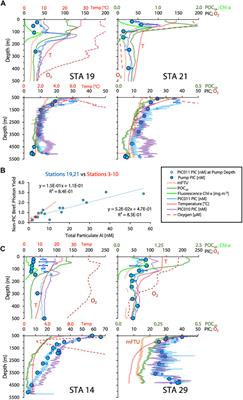
ORIGINAL RESEARCH
Published on 14 Feb 2022
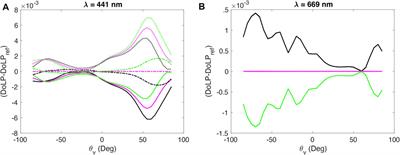
ORIGINAL RESEARCH
Published on 18 Jan 2022
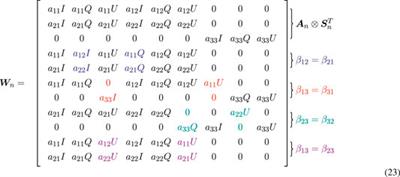
ORIGINAL RESEARCH
Published on 14 Dec 2021

ORIGINAL RESEARCH
Published on 22 Nov 2021
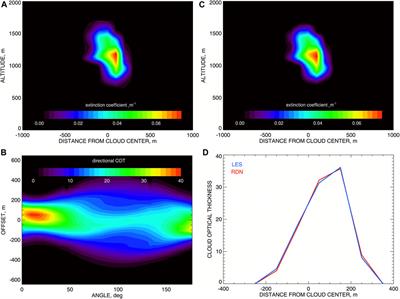
ORIGINAL RESEARCH
Published on 15 Sep 2021

ORIGINAL RESEARCH
Published on 10 Aug 2021
